Tim Chamberlain seems like a nice enough guy. According to the Indianapolis Star he started growing cantaloupe and watermelon on an acre of land and now, 30 years later, he and his wife, Mia, have built Chamberlain Farms into a midsized melon-growing operation, with 500 acres and about 20 employees.
The U.S. Food and Drug Administration announced earlier this week that the Chamberlains’ southwestern Indiana farm "may be one source of contamination" in the salmonella outbreak that has killed two people .jpg) in Kentucky and sickened 178 people in 21 states.
in Kentucky and sickened 178 people in 21 states.
The story says it’s difficult for the 48-year-old father of four to imagine that his farm could have been a source of such tragedy. He doesn’t believe his farm was the source of contamination, though he emphasized that he is not disputing anything public health authorities have said.
Dan Egel, a Purdue Extension specialist in Vincennes, Ind., said Chamberlain
has worked closely with the Extension Service over the years on disease and pest control though not specifically on food safety.
And that could be the biggest clue until the U.S. Food and Drug Administration releases its inevitable report documenting faith-based food safety.
(Updated: Dan Egel writes, "The reason that Tim Chamberlain and I never spoke about food safety is because food safety is not my specialty. I know for certain that Tim interacted with other Purdue University specialists that are experts on food safety.")
The effect on others is staggering: Vernon Stuckwish of Stuckwish Family Farms in Jackson County said that initial stigma has "already pretty much destroyed our market."
Like any other major outbreak, there’s lots of commentary about how the outbreak confirms preexisting notions: that more needs to be done, that federal regulations would have made a difference, that there should be more testing. After 20 years of watching and participating in this food safety stuff, the lack of imagination and creativity is staggering.
Victims and consumers remain the stray sheep in the food safety marketplace.
As pointed out by News-Sentinel.com, knowing the name of Tim Chamberlain’s farm does nothing to help consumers. All the talk of traceability is a joke and consumers have no microbial food safety choice at retail.
Hucksters who promote produce on trust alone are no better than snake-oil salesthingies:
Kelly’s Fruit Market in Madison County is taking extra steps to make sure its customers are safe. "We have the finest produce in Madison County," explains Kelly Ratliff, owner of Kelly’s Fruit Market. "We know exactly where all of our produce is coming from and we always make sure it’s the highest quality … with most of our produce that we have and that we sell I can tell you every single growers name, who grows it where it’s grown and a little bit about their family."
But can you tell me their water quality testing results? What soil amendments are used? The verification of employee handwashing and sanitation?
Cantaloupe growers in other parts of the country are frustrated. Probably not as much as the families of the dead and sickened, but frustrated.
Trevor Suslow, research extension specialist at the Department of Plant Sciences at the University of California-Davis, said he thought more could have been done to educate growers across the country about safe harvesting, handling and distribution in the wake of last year’s deadly listeria outbreak linked to cantaloupe from Jensen Farms in Holly, Colo.
“I think there was a missed opportunity,” Suslow said Aug. 23. “I wish we could have done a better job of getting existing information to county extension agents and others who were already engaged with the smaller growers.”
But what about missed opportunities over the past decade? As noted in The Packer, the 10-year anniversary of the Food and Drug Administration’s import alert on Mexican cantaloupe is near, enacted after outbreaks three years in a row (and two deaths) traced to those melons. In doing so, the FDA basically killed Mexican cantaloupes to the U.S. for a few years, giving rise to offshore melon deals in Central and South America.
The clampdown on Mexican growers forced U.S. import partners to work on food safety protocols for fields and packinghouses in Guerrero, the origin of the banned cantaloupes. The U.S. Department of Agriculture and its Mexican counterpart, SAGARPA, had to sign off on each facility before it was allowed to ship to the U.S. again.
The U.S. farms central to cantaloupe outbreaks and recalls probably wouldn’t have passed similar .jpg) scrutiny.
scrutiny.
With 10 years of guidelines, endless outbreaks, the lack of solutions remains stunning.
The Packer is finally catching on to the notion of marketing food safety at retail, which we’ve been advocating since the 2006 E. coli-in-spinach outbreak.
“The unwritten rule in the produce industry is that a company should not market its product as safer than a competitor’s.
“The thinking is that once consumers get in their heads that a fruit or vegetable is more safe, that means another is less safe, and then maybe they’ll avoid the commodity or category altogether.
“But what if your company or growing region has a strong food safety record, drafted best practices documents, followed and documented them, and then suffers for the second year in a row as a different region’s product kills consumers?"
Someone could at least try marketing microbial food safety at retail. Nothing else seems to be working. And maybe Tim Chamberlain would be more accountable.
(2).jpeg)
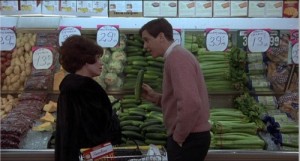 detailed restaurant inspection reports for those that care.
detailed restaurant inspection reports for those that care.
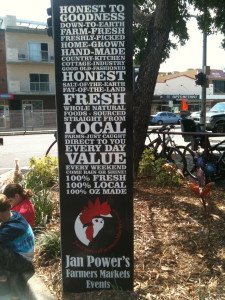

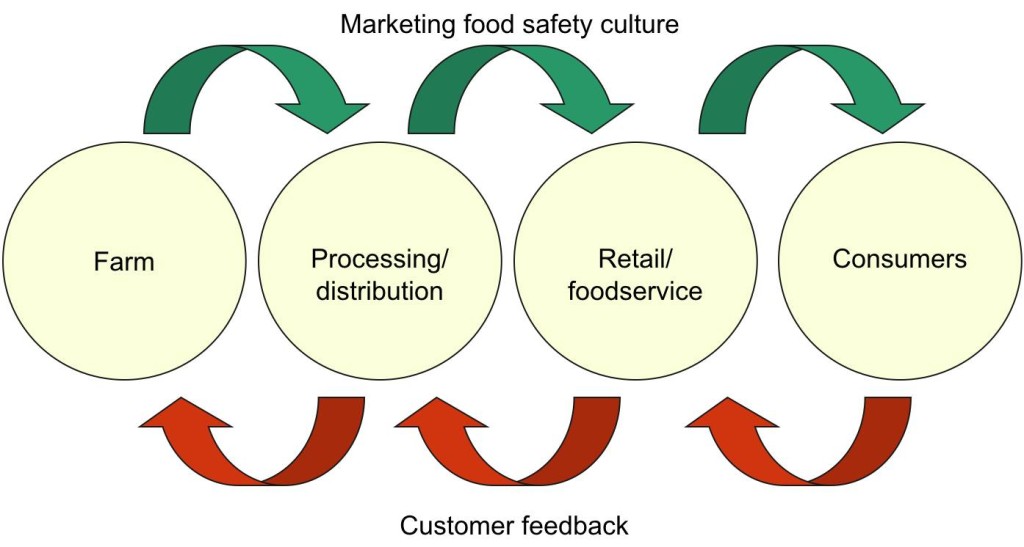

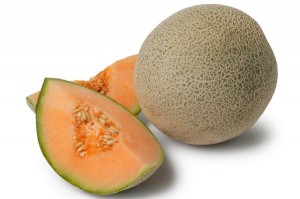
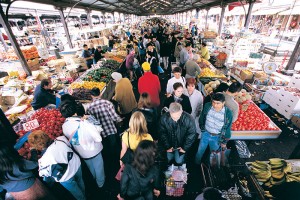

.jpg) in Kentucky and sickened 178 people in 21 states.
in Kentucky and sickened 178 people in 21 states..jpg) scrutiny.
scrutiny.(2).jpeg)
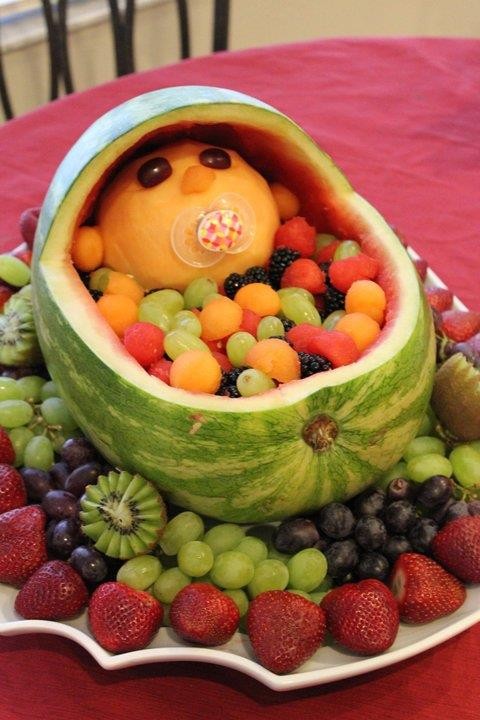 swing.
swing..jpg) alerted him that the fruit could be tainted.
alerted him that the fruit could be tainted..jpg) and North Carolina seem to be going out of their way to make things worse.
and North Carolina seem to be going out of their way to make things worse..jpg) associated with an isolated region in Indiana and will likely be traced to a single farm with inadequate preventive programs in place.
associated with an isolated region in Indiana and will likely be traced to a single farm with inadequate preventive programs in place..jpg)